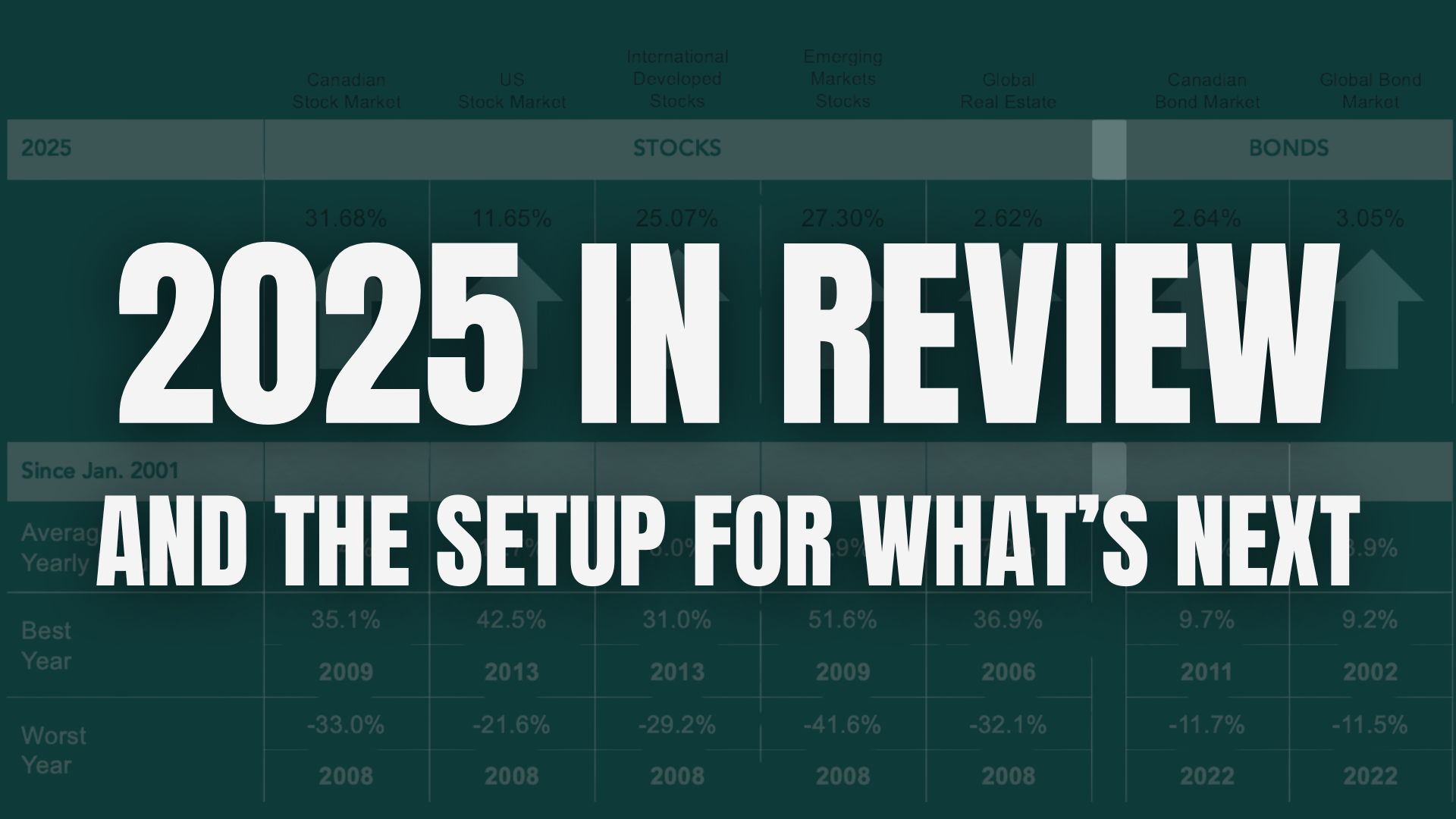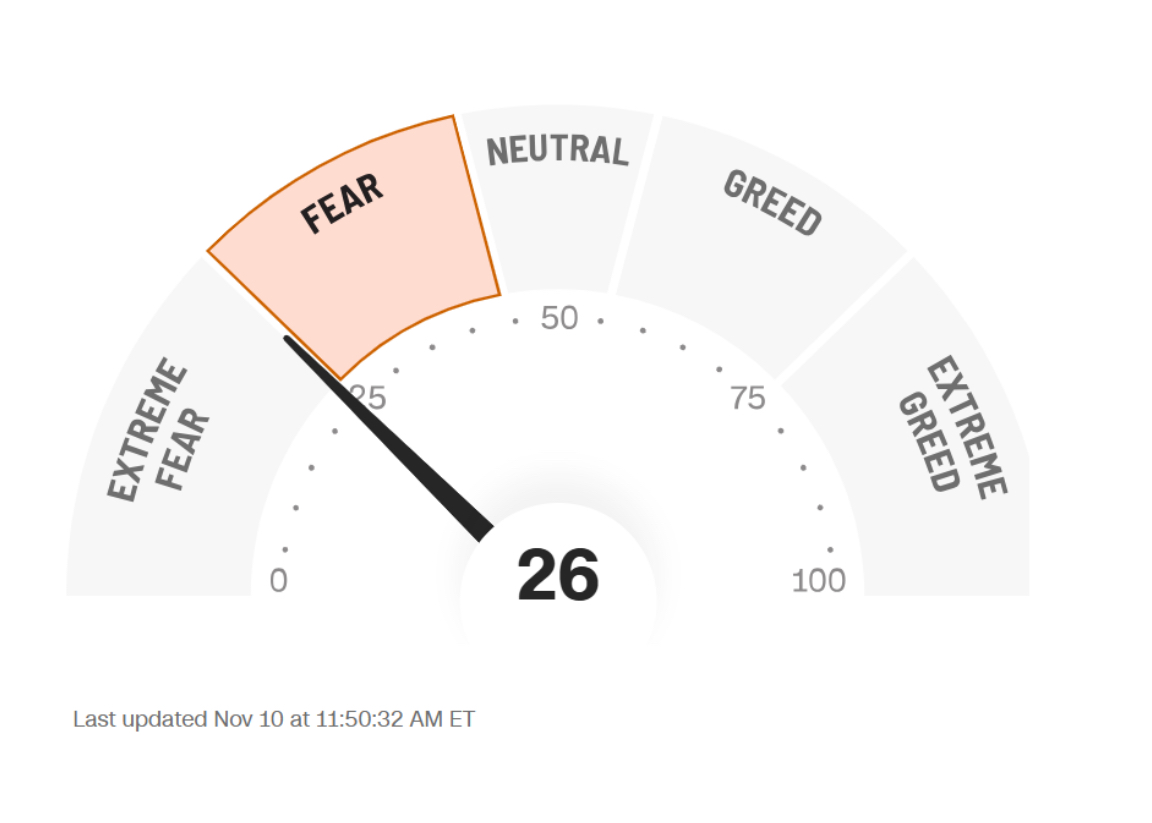RSU Tax Canada
RSUs are a common form of compensation for tech employees in Canada. Learn how they work, how they're taxed, and smart strategies to reduce taxes & manage risk.

Table of Contents
If you work for a public company in Canada, part of your salary may include RSU (Restricted Share Units) compensation.
Big companies like Google, Salesforce, Microsoft, Shopify and Amazon among many others will use this form of compensation as an incentive for highly skilled employees. They are granting you shares of their company, with the caveat that you stay for a certain period of time.
How does it work?
In your compensation package, you will have a base salary, bonus, and RSUs. RSUs will have two key dates: the grant date and the vesting date. The grant date is when you are granted phantom shares, which are shares that track the value of the company, yet you don't own them yet, so you have no voting rights or dividend rights. For example, You just started working at Microsoft. Every 3 years you get $100,000 RSUs granted.
When you get the initial grant of $100k, that is granted to you in the form of phantom shares which track the value of the company stock without ownership rights. Say you are granted $100k worth of RSUs, vesting over 3 years, and the company stock is $200 per share. That means the company has already allocated 500 shares to you. Even though you don't own those shares yet, you will if you stay at the company for the 3 year vesting period.
In this example, the vesting schedule is quarterly for the 3 years. That means you will get 41.66 shares per quarter. If the share price jumps significantly, then so does the dollar value of the 41.66 shares being vested. If it falls significantly, so does the dollar value of your 41.66 shares that are vested.
Tax Implications
It’s important to know how RSUs are taxed - here is a great article detailing more in depth how they are taxed RSU Taxes Canada, however I will go through an overview of it here as well.
Tax Scenario:
Province of residence: Ontario
Base Salary: $220,000
Bonus: 20% of base salary ($44,000)
Marginal Tax Rate: 53%
RSUs Vested per year (assuming no fluctuation in share price): $33,333 ($100k over 3 years)
RSUs Pre-Tax Vesting per quarter: $8,333
RSU Income Taxes Owed: $8,333 * mtr (53%) = $4,416.49
RSUs net after tax vesting per quarter*: $3,916.51 (Gross vesting - Marginal Tax Rate)
*the company will take care of remitting the taxes for you. They will automatically sell the shares immediately after granting you the shares to take care of the tax implications.
Normally, about 50% of the grant will go to taxes. It’s important to know that RSUs are taxable on the date the shares are vested, not granted, in most cases.
In certain rare instances, some RSU compensation plans will be qualified as an SDA (Salary Deferral Arrangements), meaning that they will be taxable when the RSUs are granted initially. This can cause a big tax headache, but most big tech companies equity compensation incentive plans do not trigger SDAs, so unless you are working with a US small company without a big Canadian presence, then you should be safe.
Second Taxable Event
There is another taxable event that occurs when you decide to sell your shares that have been vested. This is called the capital gains tax (cgt).
Lets say you get 100 shares vested at $150 per share. Then, a year later, the shares are worth $160 per share and you decide to sell those 100 shares.
Vested Price of Shares: $150
Current value of shares: $160
Number of shares (net after first tax): 100
Value of shares at vest date: $15,000
Value of shares at sell date: $16,000
Capital gain: $1,000
Taxable Capital Gain: capital gain * 50% = $500
Marginal Tax Rate: 53%
Taxes owed: $265
Net Proceeds after cgt: $15,735
RRSP/TFSA Contribution Strategy
You can avoid a large capital gains tax hit, and by selling at the first available liquidity date and contributing the proceeds to an RRSP or TFSA.
If you contribute to an RRSP, you will create a deduction against your income equal to the dollar value being contributed. That means you will get a large portion of the first tax you paid, the income tax on the vesting, back on your tax return the next calendar year. Your future growth is tax deferred so if you want to buy back into your company shares and sell later you can without immediate tax consequences.
If you contribute the proceeds to a TFSA, there is no tax deduction against your income, however, their is no tax on future growth of the shares if you decide to buy back into them later.
Diversification
It’s important to consider diversifying your equity compensation. The reason being, in order to manage risk its crucial to not have your human capital (your earnings) and your investment capital, all tied up in the same single company. That substantially increases your risk in the event of a sector specific correction, or recession. You could wind up in a situation where like oil in 2014, your sector lays off employees and the market takes a big hit as well effectively wiping out your earnings and investments all at the same time.
Key takeaways
- RSUs are a form of stock compensation that vest over a specified period of time.
- RSUs are typically taxed when the shares are vested, usually at 50%. The company will take care of selling the shares granted and remitting them to the CRA for taxes
- Ensure you are properly diversified once the shares vest in order to lower your risk.
- Consider selling shares and maximizing registered plan contributions to lower the first and second taxable events.
At Millen Wealth we build out financial plans for people in the technology sector to help them plan around equity compensation, minimize taxes and maximize their wealth.


















